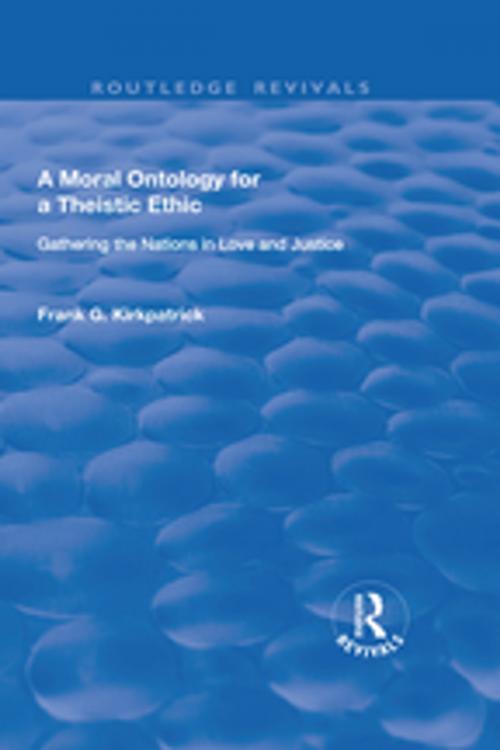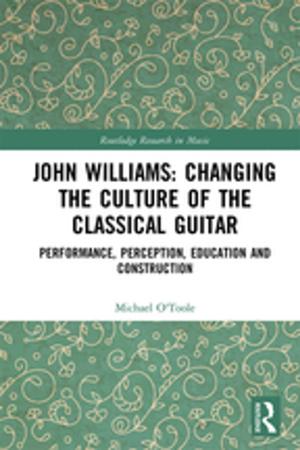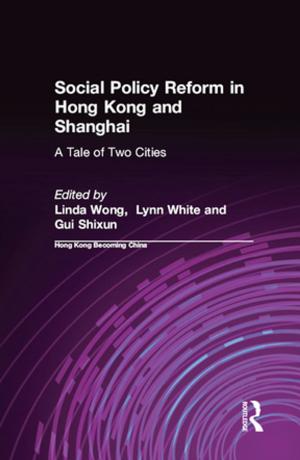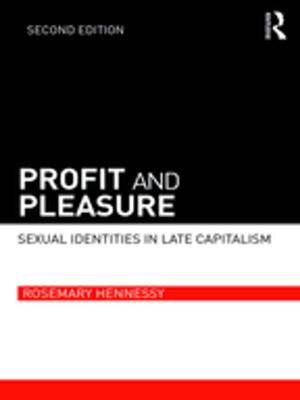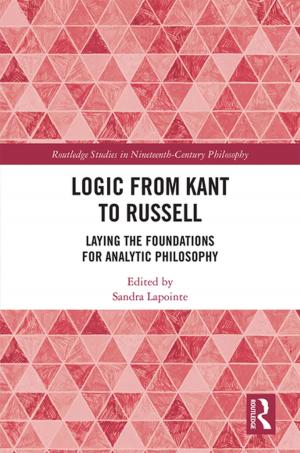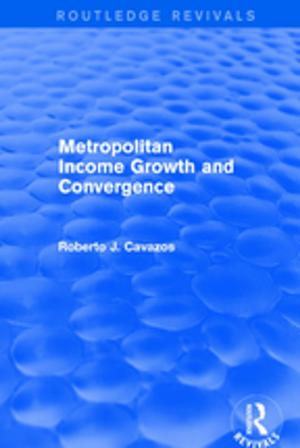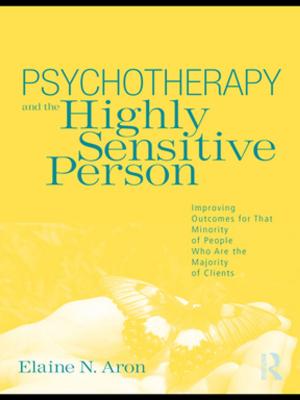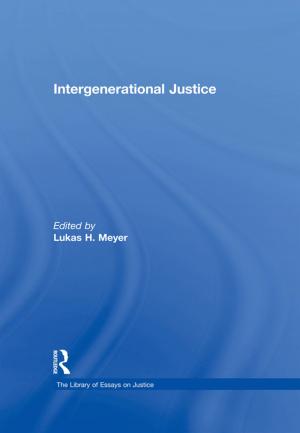A Moral Ontology for a Theistic Ethic
Gathering the Nations in Love and Justice
Nonfiction, Religion & Spirituality| Author: | Frank G. Kirkpatrick | ISBN: | 9781351774420 |
| Publisher: | Taylor and Francis | Publication: | November 22, 2017 |
| Imprint: | Routledge | Language: | English |
| Author: | Frank G. Kirkpatrick |
| ISBN: | 9781351774420 |
| Publisher: | Taylor and Francis |
| Publication: | November 22, 2017 |
| Imprint: | Routledge |
| Language: | English |
This title was first published in 2003. This book develops a moral ontology for a theistic ethic that engages the work of contemporary moral and political philosophers, and reaffirms the relevance of a theistic tradition of God's relation to the world reflected in the fundamental teachings of Judaism, Christianity and Islam. Drawing on recent thought in the non-religious fields of psychology and political and moral philosophy, which build around the concept of human flourishing in community, Kirkpatrick argues that a theistic ethic need not be the captive of parochial or sectarian theological camps. He proposes a common or universal ethic that transcends the fashionable ethnocentric 'incommensurate differences' in morality alleged by many post-modern deconstructionists. In the wake of ethnic religious strife post September 11th 2001, this book argues for a common morality built on the inclusivity of love, community, and justice that can transcend sectarian and parochial boundaries.
This title was first published in 2003. This book develops a moral ontology for a theistic ethic that engages the work of contemporary moral and political philosophers, and reaffirms the relevance of a theistic tradition of God's relation to the world reflected in the fundamental teachings of Judaism, Christianity and Islam. Drawing on recent thought in the non-religious fields of psychology and political and moral philosophy, which build around the concept of human flourishing in community, Kirkpatrick argues that a theistic ethic need not be the captive of parochial or sectarian theological camps. He proposes a common or universal ethic that transcends the fashionable ethnocentric 'incommensurate differences' in morality alleged by many post-modern deconstructionists. In the wake of ethnic religious strife post September 11th 2001, this book argues for a common morality built on the inclusivity of love, community, and justice that can transcend sectarian and parochial boundaries.
